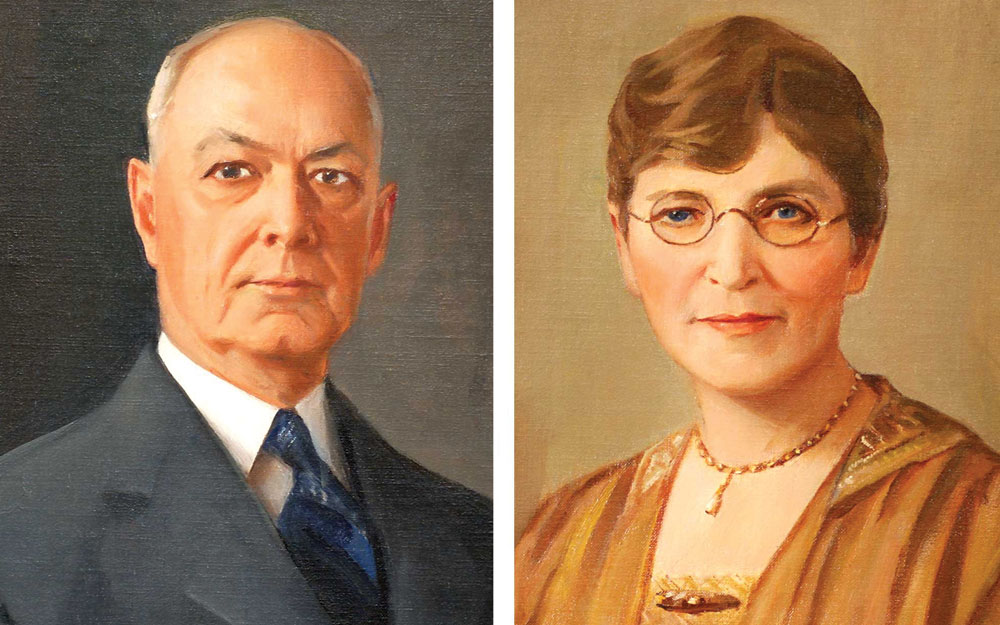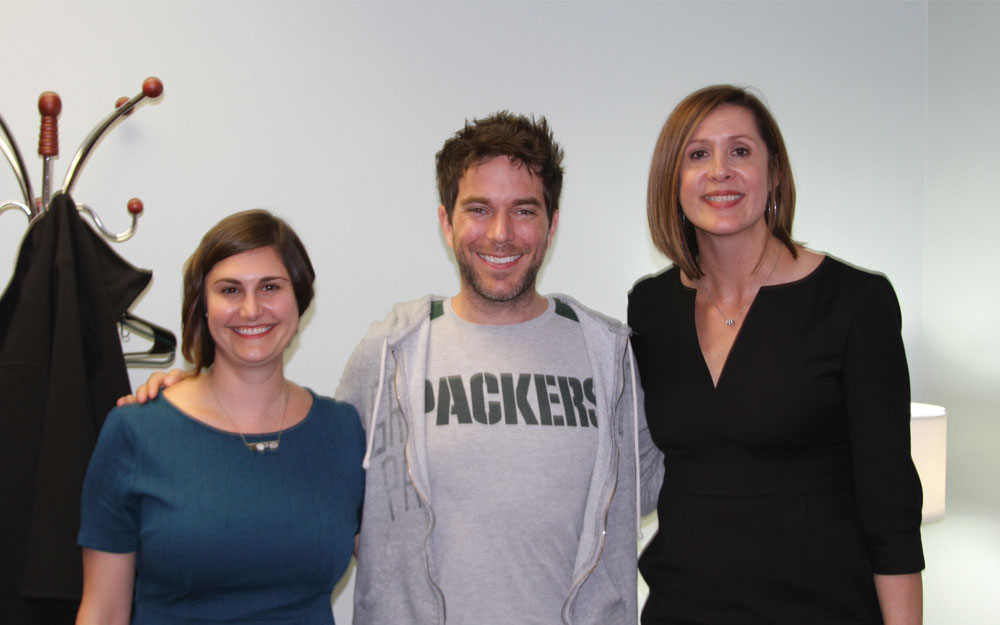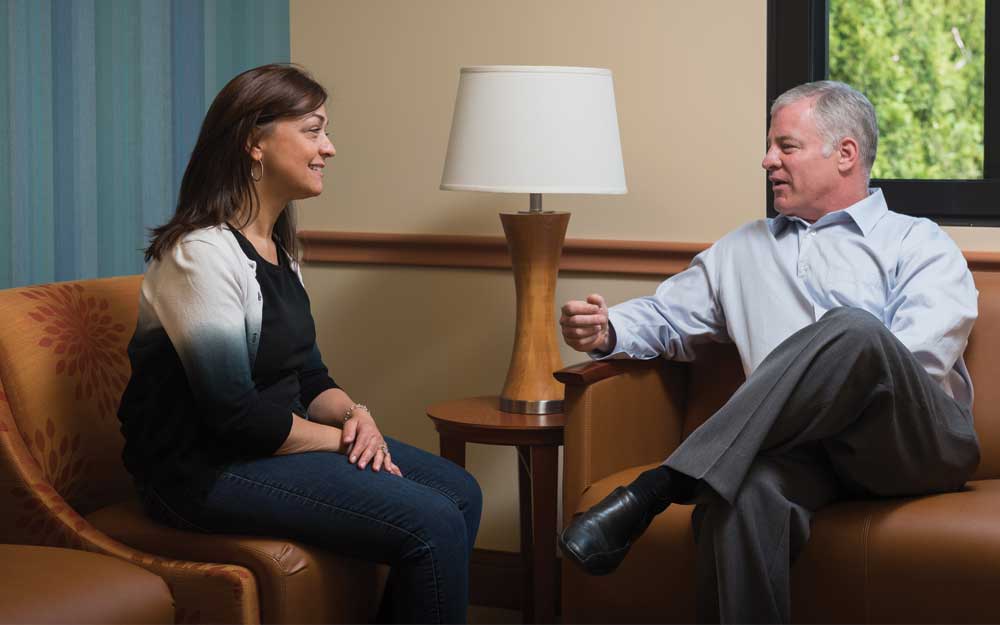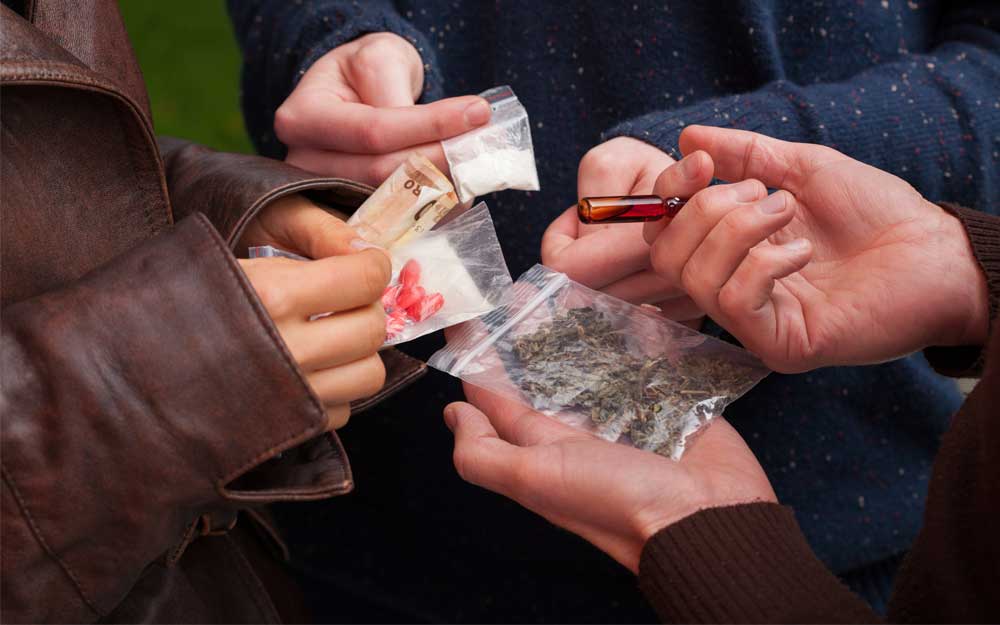
The legacy of Dr. and Mrs. Rogers inspires employee essays
Read heart-felt narratives submitted by members of our team in recognition of our 110th anniversary to catch a glimpse of the heritage that continues today.
Contact Us • Careers • Refer a Patient • Donate • Blog

Read heart-felt narratives submitted by members of our team in recognition of our 110th anniversary to catch a glimpse of the heritage that continues today.

An email to Nashville radio host Ty Bentli from the Ty, Kelly, and Chuck morning show made him think twice about comments he made.

At the 2017 iaedp Symposium, two FOCUS Program staff members earned the top prize in the Imagine Me Beyond What You See sculpture competition.

If you have posttraumatic stress disorder (PTSD), just thinking about the event that’s changed your life and caused so much pain and anxiety is agonizing, but prolonged exposure can help.

Quick tips to help your child learn to love new foods from Samantha Hamby, registered dietitian at Rogers Behavioral Health-Nashville.

Wake Up Call, a program by Your Choice-Live, helps parents identify warning signs of possible drug or alcohol use in their children’s bedrooms.

Children on the autism spectrum are often extra attentive to detail, enjoy having things just so and prefer the structure of daily patterns. These behaviors probably please your child and help him or her navigate the world around them.

With the holiday season upon us, the rush to find the perfect gift or pressure to prepare the perfect meal can be overwhelming. If

As children in your community participate in this year’s trick-or-treat, many will shriek with excitement from the scary costumes, ghoulish décor and other Halloween horrors. The day after, the frightening excitement will melt away and children will return to their usual fall time schedules. But for thousands of children with anxiety in the United States, dealing with real fear every day of the year is reality.

Exposure and response prevention (ERP) treatment for obsessive-compulsive disorder (OCD) isn’t easy, especially when you’re a child or teenager. Every day, your treatment team is asking you to face your worst fears and avoid using your repetitive behaviors or rituals to control your anxiety. Because treatment can be difficult, it’s necessary for parents to be actively involved in their child’s care plan and not participate in symptom accommodation.